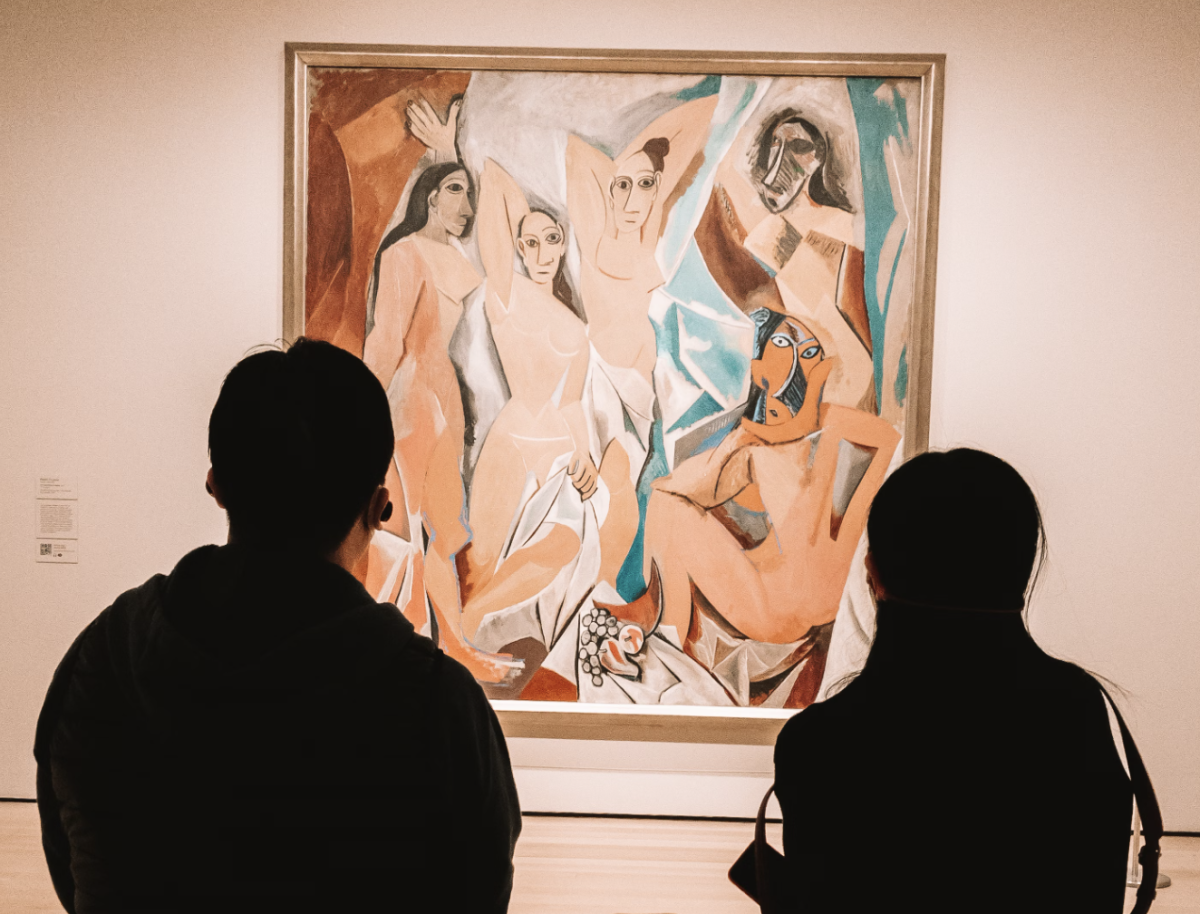On February 10th of this year, Kanye West released his much-anticipated collaborative studio album with Ty Dolla Sign: Vultures 1. Ye, an artist who precedes their own reputation, has returned to music after his infamous antisemitic tirade in late 2022. As a result, Kanye would forfeit many of his sponsorships, collaborations, and partnerships with many prestigious companies – Vogue, Balenciaga, Adidas, among others. Despite this seemingly grave loss, Kanye in the following months would continue to utilise imagery alluding to known neo-Nazis, most notably, the initial album covers for Vultures 1, which bore resemblance to the black-metal music project Burzum, notoriously headed by self-proclaimed Neo-Nazi Varg Vikernes. Kanye went on to talk about his purported antisemitism in what many would be quick to consider ignorant or insensitive on Vultures 1.
Some of the lyrics, such as the line from “KING”: “Crazy, bipolar, antisemite, and I’m still the king”, seem to illustrate a sense of pride within his racist comments. Other songs within the Vultures 1 album further this antisemitic sentiment such as “STARS” and “VULTURES”.
Now, speaking as someone who’s enjoyed Ye’s earlier work, most Kanye fans grapple with his polemic views by either dismissing their significance entirely, or, more commonly, choosing to “separate the art from the artist”. In fact, in conversations with friends who’ve enjoyed Vultures, the latter seems to be the only rational position to hold – but that’s exactly what I’d like to question:
Can we separate art from the artist?
We’ll soon find that this line of questioning leads us down a surprisingly philosophical rabbit hole – one that, I believe, all viewers and appreciators of art must delve into.
Pablo Picasso (a man who similarly precedes his own reputation) is universally recognized as one of the most influential artists of the 20th Century, and, arguably, the most talented visual artist to ever live. If you’ve never taken the time to look at his work, I would implore you to do so.
His art is not only deeply compelling, but uniquely bizarre; an unusually creative style expressly emphasized by his clear artistic skill. His work is understandably revered; artistry that leaves no doubt as to the validity of his esteemed legacy. So, how does this link to my question? Well it may surprise you to hear, but Picasso has been historically labelled a womanizer. He’s been quoted as having called women “machines for suffering”, among other horribly misogynistic comments, and partaking in verbal and emotional abuse aimed at his various romantic partners. Picasso — the artist — certainly skews on the negative end of most people’s moral compasses.
Now, I’d like to encourage you to look up “The Weeping Woman”, a series of oil paintings by Picasso, and recognise its subject matter. As the name would suggest, the paintings depict a woman in agonising, inconsolable pain – pain that alludes to similar iconography surrounding “Guernica”, another oil painting by Picasso regarded as one of the most striking anti-war paintings in modern history. My question to you, reader, is this: does Picasso’s misogynistic, bigoted stance in his personal life take away from what would otherwise be characterised as a reflective, emotionally reverent piece? Does the contrast between Picasso’s apathetic view of women and his ostensibly empathetic, sensitive depiction of a woman struggling through intense misery take away from the artwork? This is all to say: can you separate the art from the artist?
Regardless of your answers to the former, I’d like to highlight a key difference between that of Picasso and Kanye West – a difference, that, may change your stance as it currently sits. Unlike Picasso (and numerous other renown artists who’ve engaged in immoral actions), Kanye incorporates his personality directly within his art. Instead of shying away from his many controversies, Kanye will include antisemitic remarks in his lyricism; the aspects of the artist that we may wish to distance ourselves from become the piece of art itself. His views are not exclusive to his personal life, they pervade his artistic expression (as seen in the aforementioned lyrics). Does this change things? We now find ourselves in trickier territory…
Is it enough, say, to state that I am “avoiding” these lyrics, or that I am simply choosing to ignore the aspects of the lyricism I disagree with? I ask, then, what it is we are engaging with. Do these lyrics add to the songs? Should I feel bad for enjoying art that may surround hateful ideas? Should my disagreement with an artist’s views, and their incorporation of said views into their art, result in me feeling bad for engaging with their expression, morally speaking? There are a plethora of questions surrounding the topic, many of which will differ from person to person.
I’ll also add that the matter of the artist’s passing may change the nature of this topic. It’s often easier for people to separate the art from the artist when said artist has passed, as the harm they can do has already been done. For an artist who still lives, however, engaging with their work could be interpreted as “supporting” the artist (especially in a financial/commercial sense).
Vultures 1 would go on to debut at number one on the US Billboard 200, becoming Kanye’s 11th consecutive number-one album of his career. The project’s commercial success isn’t up for debate, but questions will continue to linger as to its content. Abrasive, callous lines laced throughout, how should a listener of Kanye feel in regard to his art? Is separating the art from the artist impossible in this case, due to Ye’s unapologetically flippant attitude? As in the case of Picasso, are we to revere the art Kanye has produced – art that will undoubtedly continue to be engaged with for years to come – whilst simultaneously condemning the man and his controversial views? These questions, I believe, are not only important to ponder for any fan of Kanye’s work, but for anyone choosing to appreciate artistry with reference to the artist.
I implore you: learn to be conscious of the art you consume and the authorship with which the art is credited. Be mindful of the people from which you hear from – and come to your own conclusion on what we’ve come to find is a rather difficult question to answer:
Can we separate art from the artist?












Harry B • Mar 30, 2024 at 2:07 pm
w article as always
Aqeel A • Mar 27, 2024 at 8:07 pm
Amazing article